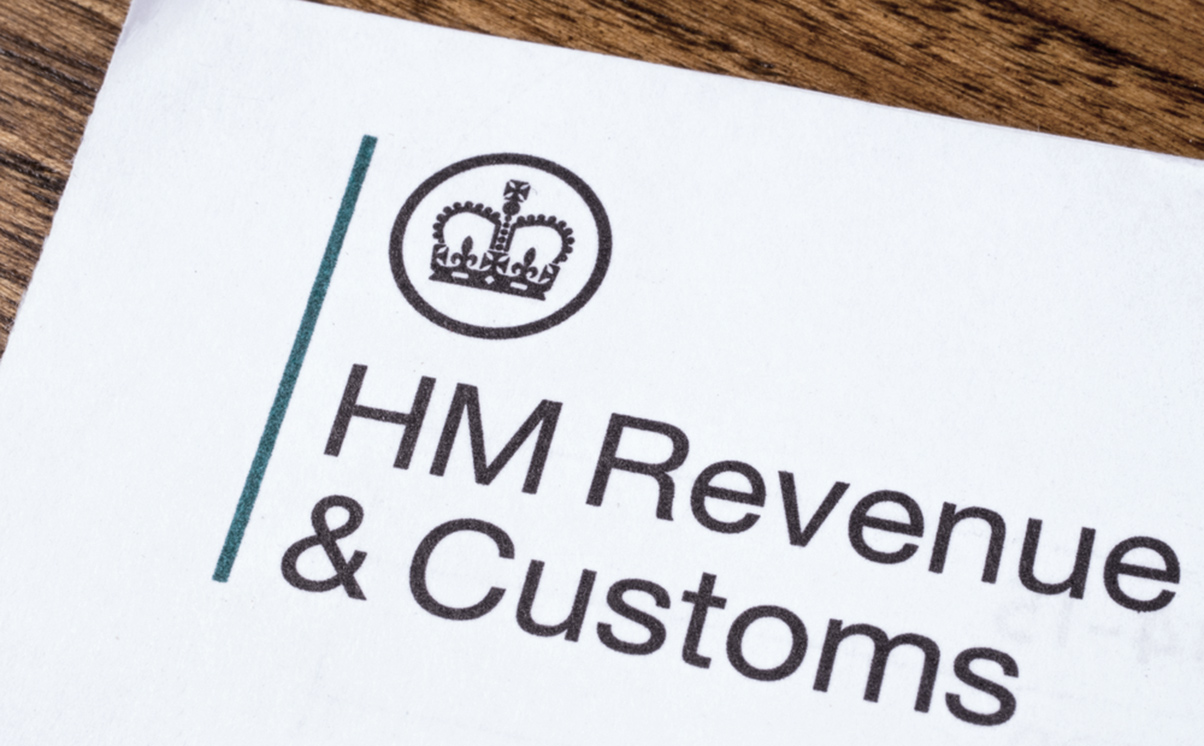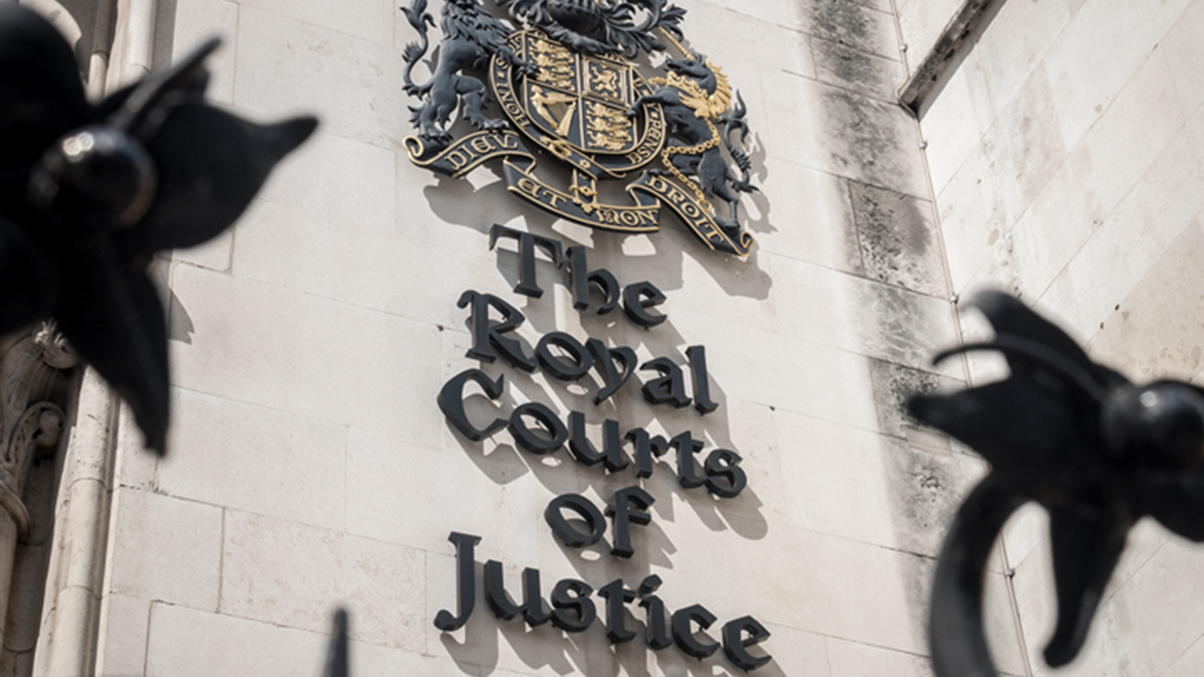During the first lockdown, the government suspended directors’ liability for wrongful trading under the Insolvency Act. The government was expected to extend this when it expired at the end of September, but didn’t. In this article,Tim Symes, a partner in our Insolvency and Commercial Litigation teams, looks at what happened next and where we are now.
In June this year the government retrospectively suspended liability under the wrongful trading provisions for the period from 1 March 2020 until 30 September 2020.
As 30 September 2020 loomed, the government was expected to extend it, as it did the restrictions on winding up petitions and forfeiture of leases.
But it didn’t, and it was unclear why.
Perhaps the government simply thought it wasn’t a good idea to continue to give directors a ‘licence’ to trade wrongfully. Or maybe they realised it made no difference as judges would probably not find directors liable for losses caused by Covid-19 anyway.
Reinstatement of the suspension
In fact, they thought neither of those things. A new regulation appeared, reinstating the expired suspension from 26 November 2020 and continuing until 30 April 2021.
It’s unclear why this didn’t happen earlier, i.e. before 30 September 2020. And it’s also unclear why it wasn’t backdated.
Instead, there is a peculiar gap of nearly two months between the end of the suspension in September and its reintroduction in November. Technically speaking, at least, directors could fall down this hole and become liable for net losses in that period.
Not that it really matters. The likelihood of an insolvency practitioner bringing a claim for wrongful trading for losses incurred during a two month period sandwiched between two pieces of emergency legislation caused by a pandemic is probably remote. That is, unless there is something truly exceptional about that intervening period.
This odd gap could remain unchanged and become one of those quirky bits of law, like it being illegal to handle a fish in suspicious circumstances (s32 of the Salmon Act 1986, in case you’re wondering).
Directors’ duties
Directors’ duties endure despite the suspension. However, wrongful trading and a breach of duty give rise to two entirely different types of liability. So any impression that the removal of one can be filled in by the other is misleading.
In a misfeasance, a court must be satisfied that a specific duty has been breached and that the company has suffered loss as a consequence. It will then make an order based on that amount of loss.
A successful wrongful trading claim, on the other hand, makes a director liable for losses between two points in time, rather than because of an event. Once the director is found guilty of wrongful trading, they can be liable for the net losses the company suffers from when it should have stopped trading, until it enters formal insolvency.
Despite the clear difference between misfeasance and wrongful trading, we may, due to the wrongful trading suspension, expect to see some opportunist misfeasance claims emerging that have an uncanny resemblance to wrongful trading.
In some ways, the temptation is understandable. Office-holders will be seeing companies with unprecedentedly large balance sheet losses due to Covid-19 and will want to find a way to recover those for creditors. But unless clear breaches of duty or fraud can be identified in relation to those losses, when it comes to trading during Covid-19, parliament has spoken, and the losses must lie where they fall.
Covid-19 is impacting individuals and companies around the world in an unprecedented way. We have collected insights here to help you navigate the key legal issues you may be facing at this time.
You can find further information regarding our expertise, experience and team on our Contentious Insolvency and Commercial Litigation pages.
If you require assistance from our team, please contact us or alternatively request a call back from one of our lawyers by submitting this form.







